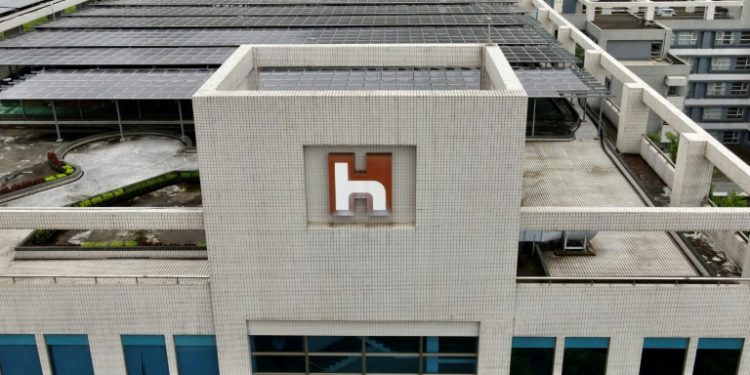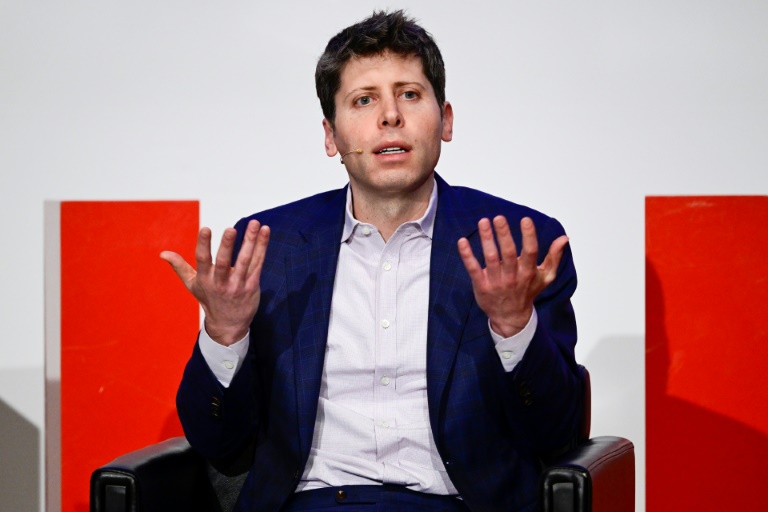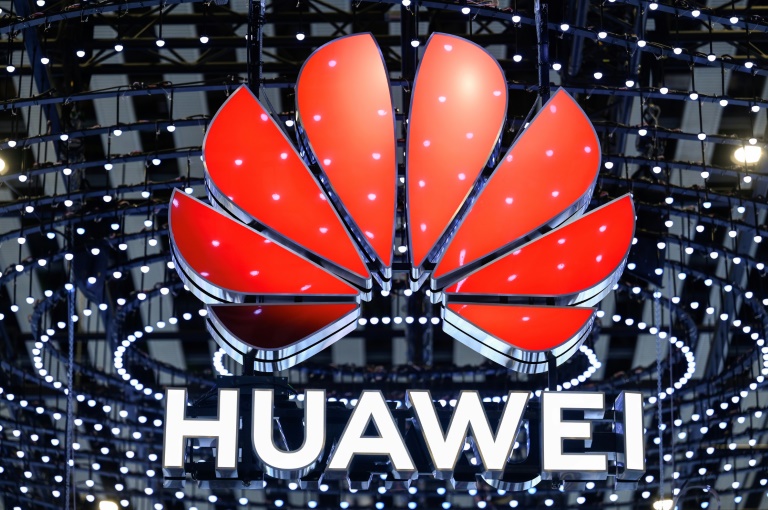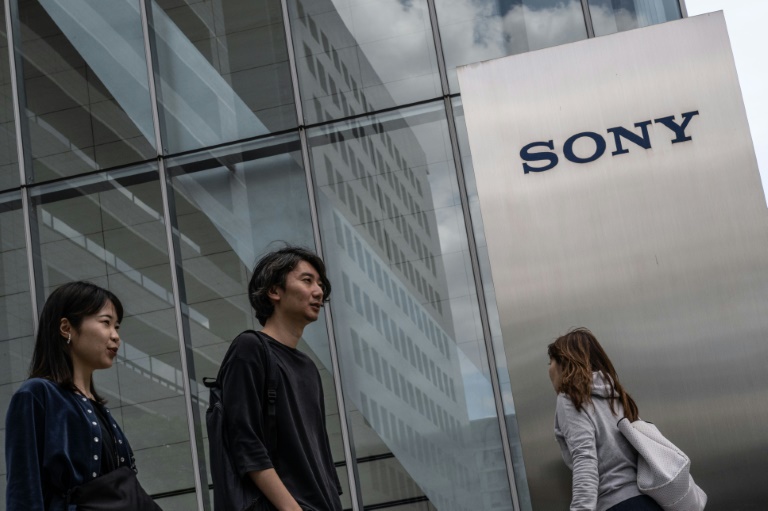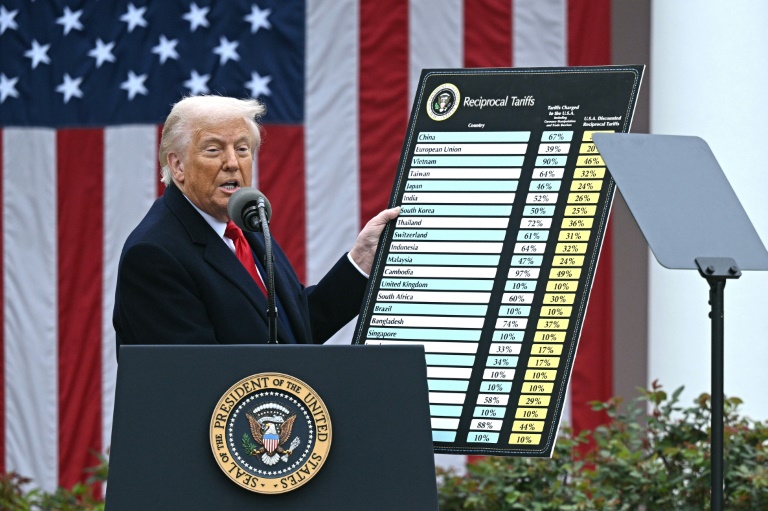Taipei (AFP) – Taiwanese tech giant Foxconn on Tuesday reported a 72 percent jump in net profit during the first three months of 2024 as demand for artificial intelligence technology grows.
The firm — also known by its official name Hon Hai Precision Industry — is the world’s largest contract electronics manufacturer and assembles devices for several companies, most notably Apple’s iPhones.
It said net profit for January-March rose to US$679 million from US$396 million in the same period last year. While the boost is the third consecutive quarter of profit growth, it is still below expectations, and Foxconn spokesperson James Wu sought to paint an upbeat picture during Tuesday’s earnings call.
“We expect that the strong demand for AI servers will bring a new huge market, which is why we are optimistic about this industry,” he said. He added that “Hon Hai is almost the only manufacturer that can develop every key component by itself, from modules, basic servers, high-speed network switches, to data centres”.
Foxconn’s leadership also released a statement right before the earnings call to reaffirm its commitment to Japanese electronics maker Sharp, in which the Taiwanese firm holds the largest stake of more than 30 percent. Its low base in 2023 was attributed to the losses of Sharp, according to comments made during the call. “(Sharp) listed asset impairment…which affected Foxconn’s non-operational and net profit performances in the first quarter,” said Wu. But “the worst is behind Sharp”, he added. “Its future only gets better from here.”
The company said Sharp would be transforming its Sakai factory into an “AI data centre”, with no further details about what that would entail. Wu said Foxconn intended to collaborate more with the Japanese firm “in the areas of smart products for people, vehicles, home and office…to seize new opportunities in the AI server technology revolution”. – AI servers –
Foxconn had credited its recent steady performance growth to strong demand for generative AI, a technology that has seen a surge in demand in recent years. And as a downturn in China has impacted consumer sentiment, and with the bulk of its manufacturing supply chain and investments there, Foxconn is hoping to expand beyond electronics assembly.
Despite being China’s largest private-sector employer with more than a million workers, Foxconn is looking to diversify its manufacturing supply chain after production was impacted by three years of strict Covid policies, a bout of industrial unrest and diplomatic tensions with the United States.
Foxconn said in November it was planning an additional $1.54 billion investment in India for “operational needs”, after announcing the purchase of a huge tract of land on the outskirts of tech hub Bengaluru last year.
It has also invested significantly to be part of the AI technology market in the hopes of transitioning into a “comprehensive situations platform provider”. Most notably, Foxconn announced last October it would team up with US chip giant Nvidia to create “AI factories” — powerful data-processing centres that would drive the manufacturing of next-generation products.
It said Tuesday in a statement that Foxconn revenue from AI servers in the first quarter grew by “nearly 200 percent” compared with the same period the last year, and is expected to improve.
© 2024 AFP

